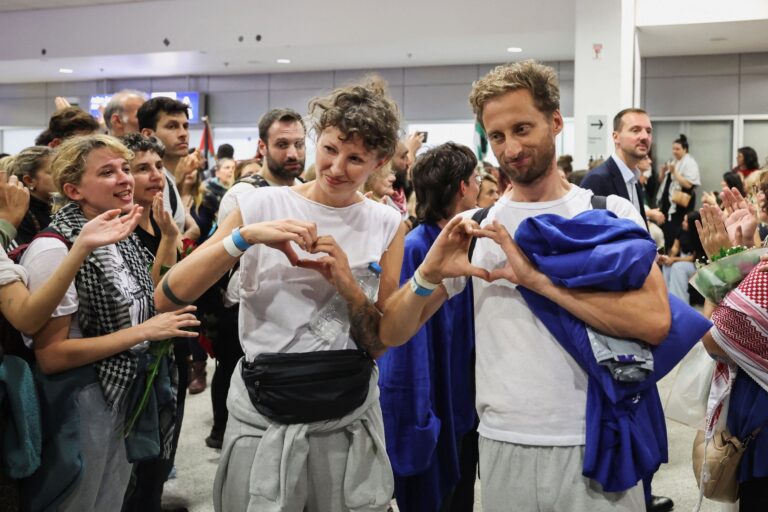Biznes Fakty
Trade. The fine can be up to one hundred thousand zlotys

On the upcoming Saturday, starting at 2pm, there will be a prohibition on employing staff in the retail sector, as highlighted by the National Labour Inspectorate (PIP). After this time, only the shop owner or family members may be present behind the counter.
The PIP emphasizes that the current laws regarding restrictions on trade during Sundays and public holidays indicate that on the Saturday prior to Easter Sunday, the following activities are prohibited in commercial establishments after 2 p.m.:
– trading and activities related to trading, – assigning work to an employee or hired individual in trade and related activities.
Easter Trading: What Limitations Exist?
According to PIP, „this implies that on Holy Saturday, employees working in trade must conclude their shifts by 2 p.m.”.
„The prohibition extends beyond direct customer service to encompass any other tasks related to their professional responsibilities. After 2 p.m., employees are not allowed to sell, nor can they partake in activities such as cleaning the store, unpacking goods, or organizing inventory,” states the PIP announcement.
Learn more: Union representatives oppose the no-trade Sundays: detrimental to both employees and consumers >>>
The Inspectorate reminds that employees have the right to pay for the hours not worked due to the reduced working time resulting from the shorter workday. „This is calculated based on the principles used to determine pay for vacation leave,” PIP clarifies.
Crucially, assigning work to an employee or hired individual during the days affected by the ban may incur penalties ranging from PLN 1,000 to as much as PLN 100,000.
 Sunday shopping in 2025
Sunday shopping in 2025Holy Saturday Trade: Exceptions to the Ban
Nonetheless, certain establishments are not subject to the trading prohibition.
These include: – fuel stations , – pharmacies, – post offices, – retail outlets located in hotels, train stations, and airports, – shops selling flowers, religious items, souvenirs, or newspapers – as long as this constitutes their primary business.
The Act identifies 32 such exceptions. „The exemption from the ban also applies to businesses where an entrepreneur, who is a natural person, conducts trade solely in person, in their own name and on their own behalf. During this period, they may receive free assistance from their spouse, biological children, stepchildren, adopted children, parents, stepmother, stepfather, siblings, grandchildren, and grandparents – provided that these individuals are not employed by them under an employment contract or civil law agreement,” the text states.



